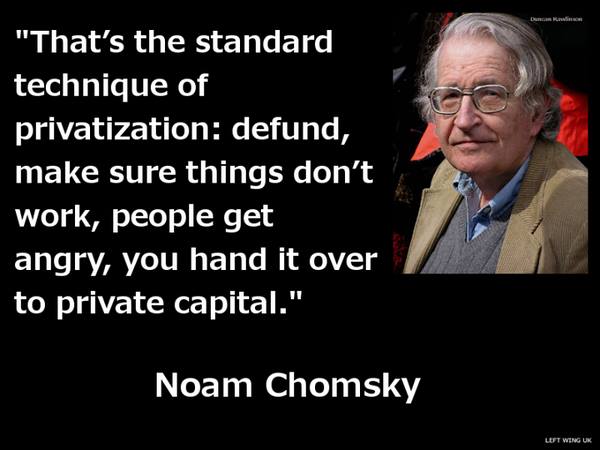What’s happening beyond the public eye in the Dept. of Education?
How a key process works

Here’s the question everyone’s asking: Will the new administration’s education department spur states toward voucher programs and relax regulation of for-profit higher ed?
Maybe the question should not be if these changes would be made, but how.
And that’s why more attention should be paid to one of the most important and direct mechanisms the department may use to change policy: the rulemaking process. “Rulemaking” refers to the process through which a government agency creates regulations that administer programs and implement legislation.
When statutory provisions are vague or key terms in legislation are undefined, this gives departments an opportunity to step in and define those terms or provide specific directions as to how legislation should be implemented.
Although the rulemaking process is rarely front-and-center in the eye of the general public, it is a process that gives the executive branch substantial power. For this reason, the process has been quite controversial, and the so-called “iron triangle” of legislators, interest groups, and agency personnel stay well-versed in the process so they can exert their influence when it touches their interests.
Related: Betsy DeVos may push vouchers — but how would that impact students with the greatest needs?
Rulemaking received some attention during DeVos’s confirmation hearing last week, when Senator Elizabeth Warren asked DeVos if, as secretary of education, she would commit to enforcing the Gainful Employment rule, a regulation of career education programs What’s happening beyond the public eye in the Dept. of Education? - The Hechinger Report:
